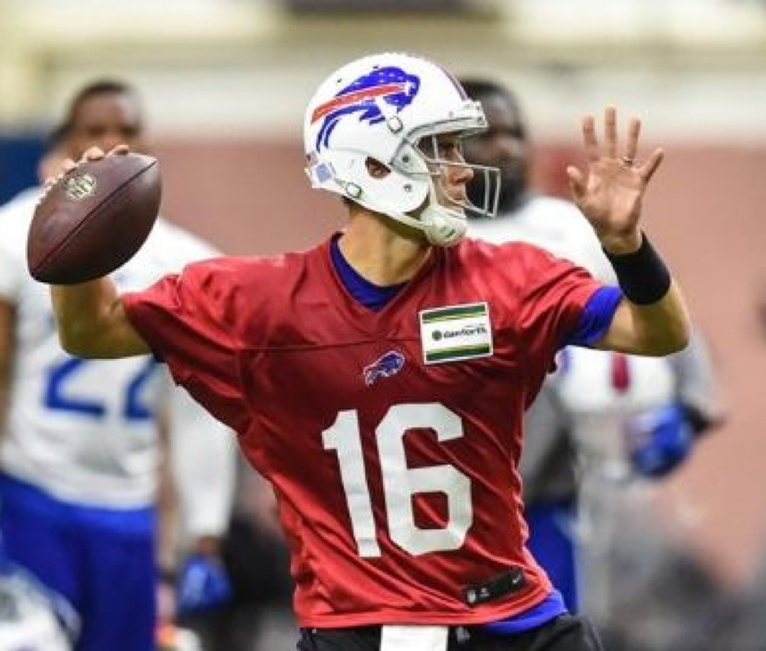|
By Paul Wanecski Buffalo Bills quarterback Matt Cassel has had a strange week. He was taking first-team reps throughout practice this off season, was released, and then was brought back just three days later. While cutting Matt Cassel appears to be about the money that was attached to his contract, it’s the timing of the signing that makes his story a curious tale. Prior to his release, Matt Cassel had received $600,000 through various bonuses in his contract which was placed against the Bills 2015 salary cap. His base salary was $4.15 million dollars which was not guaranteed, meaning the team could release him and only have to account for the bonus money he had earned up until that point. While his salary would have made him among the better paid back-up quarterbacks in the league, his play in the preseason and during practice indicated that if Cassel was released it would be about his salary. He has yet to publicly state that the team asked him to take a pay cut prior to his release. It appeared to be an open-and-shut case; Cassel did not win the starting role and he was simply too expensive to keep on the roster compared to EJ Manuel on his rookie contract.
Needless to stay, the story didn’t end there and that is what is most curious of all. Within the Collective Bargaining Agreement, vested veterans (NFL players with 4 or more years of service) who are on an active NFL roster during week one of the season at that point are guaranteed their base salary for the season. While younger players don’t always have guaranteed money written into contracts, veteran players are granted this even if it wasn’t part of the structure of the initial contract at the start of every season once they have obtained enough years of service. This is important for several reasons but none more important than the fact that once a base salary is guaranteed, the team can no longer cut that player to save money on the salary cap. In the case of Cassel, had the Bills not released him, his $4.15 million base salary would have become guaranteed for 2015. This is why the signing of Matt Cassel only a few days after releasing him is so odd. Had the Bills not resigned him until after week one had been played, his base salary wouldn’t have been required to be guaranteed. The Bills could have even gone as far as to add him to the 53-man roster and released him several days prior to the start of the season, played week one without him, then resigned him after that and would not have the CBA-imposed guaranteed base salary. His new contract, according to RotoWorld.com is a one-year deal and has built into it a $2 million dollar base salary, which will be fully guaranteed and impossible to remove from the salary cap after week one, along with $2.15 million available in incentives (this is an unlikely-to-be-earned incentive and does not count against the salary cap right now – this is likely based on number of starts this season). Along with the $600,000 that the Bills already have to account for against the salary cap for his previously earned bonuses, all the team did was remove $2.15 million from the salary cap this year. Had the team waited until after week one to resign Cassel to the exact same deal, he could have been released at any time which would have saved salary cap space. Now that he has been brought back so early, his base $2 million dollars is now guaranteed. So what does that say about the team’s faith in EJ Manuel and Tyrod Taylor? Apparently they were so concerned about the depth at the position for one game that they felt the need burn $2 million against the cap just to be safe. The Bills have also created a “wash” situation with the salary cap as the team would need to take on a little over $2.5 million to release EJ Manuel this season (they could trade Manuel for the basically the same money he is guaranteed this year and that would remove any further financial obligations against the salary cap for him after the 2015 season). While this may be far from what is happening at One Bills Drive, the numbers are similar enough to mention it as a possibility. As always, it is always important to remember that money not spent against the cap this year (and not earned in those unlikely-to-be-earned incentives like discussed earlier) can roll over to next year’s salary cap.
0 Comments
Leave a Reply. |
